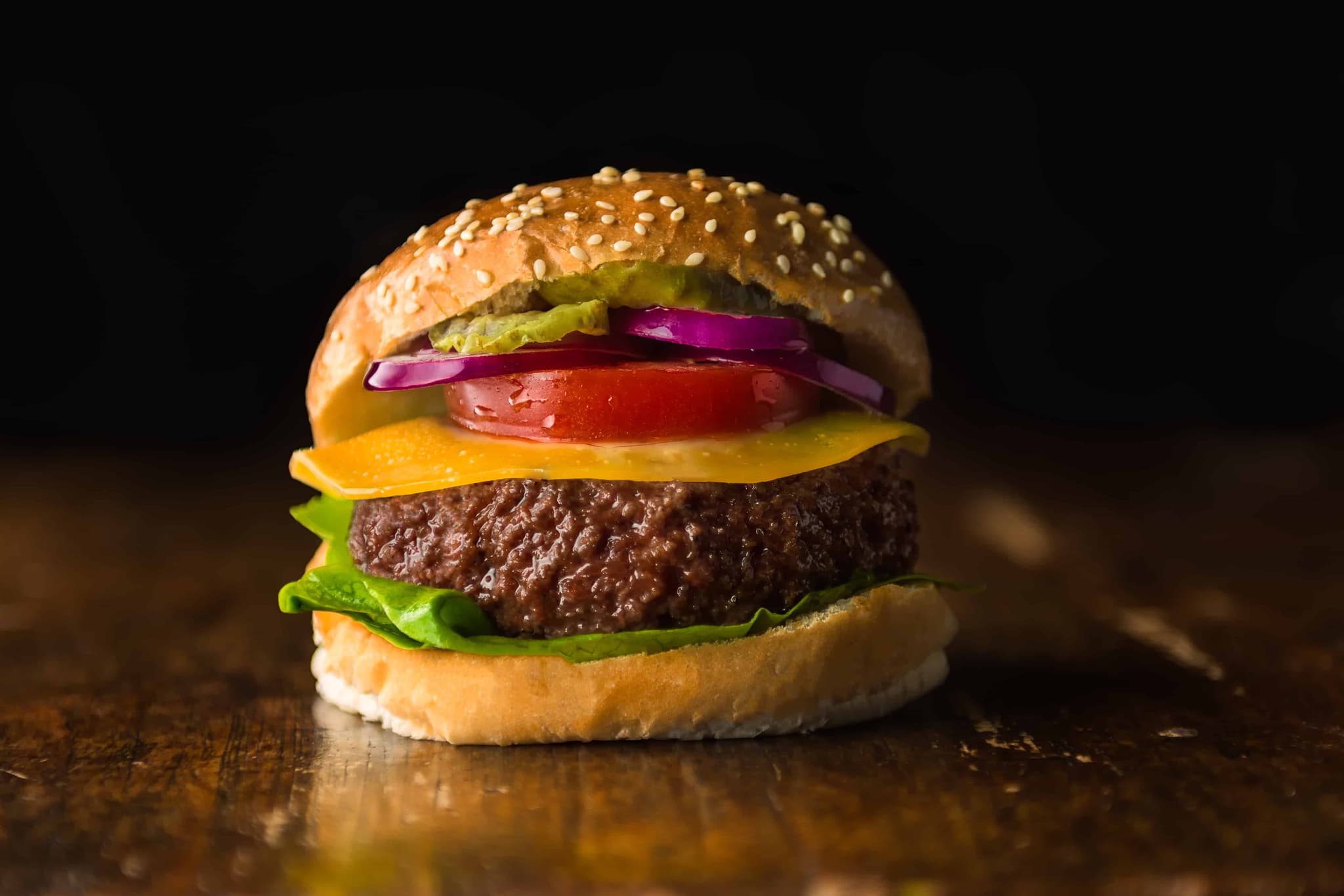Netherlands invests in future of food with two cellular agriculture facilities
The Netherlands is strengthening its position as a global leader in cellular agriculture with the launch of two independent open-access scale-up facilities.
Published on January 14, 2025

Team IO+ selects and features the most important news stories on innovation and technology, carefully curated by our editors.
The Netherlands is strengthening its position as a global leader in cellular agriculture by launching two independent open-access scale-up facilities. These facilities, developed in collaboration with Mosa Meat, the Ministry of Agriculture, Fisheries, Food Security and Nature (LVVN), and the National Growth Fund, among others, represent an important milestone in developing sustainable food production.
Cellular agriculture offers a pathway to a more resilient and diverse food system. By producing meat, dairy, and other animal products directly from cells, this technology can reduce the environmental impacts of industrialized food production while improving food security and health. These new facilities allow companies working with cell culture and precision fermentation to scale up their processes without having to invest in expensive infrastructure themselves. This will stimulate innovation and accelerate the commercialization of products from cellular agriculture.
The two scale-up facilities are: Biotechnology Fermentation Factory (BFF) in Ede, and Cultivate at Scale (CaS) in Maastricht. The first is focused on precision fermentation. The second facility is focused on upscaling cell culture. Both facilities represent a collaboration between industry frontrunners, research institutions, and the Dutch government.
The Netherlands: A global hub for cellular agriculture
The Netherlands has been a biotechnology and food production leader for 155 years and was the first country to introduce cultured meat in 2013. In recent years, the Netherlands has created a thriving ecosystem for cellular agriculture, supported by public investment. It includes public research at universities TU Delft, Wageningen University & Research, and Maastricht University, specialized education programs, a collaborative network of companies, and an active 'code of practice' that enables tastings of cultured meat (cultured meat). The new scale-up infrastructure strengthens the Netherlands' position as a global hub for sustainable food innovation and cellular agriculture.
